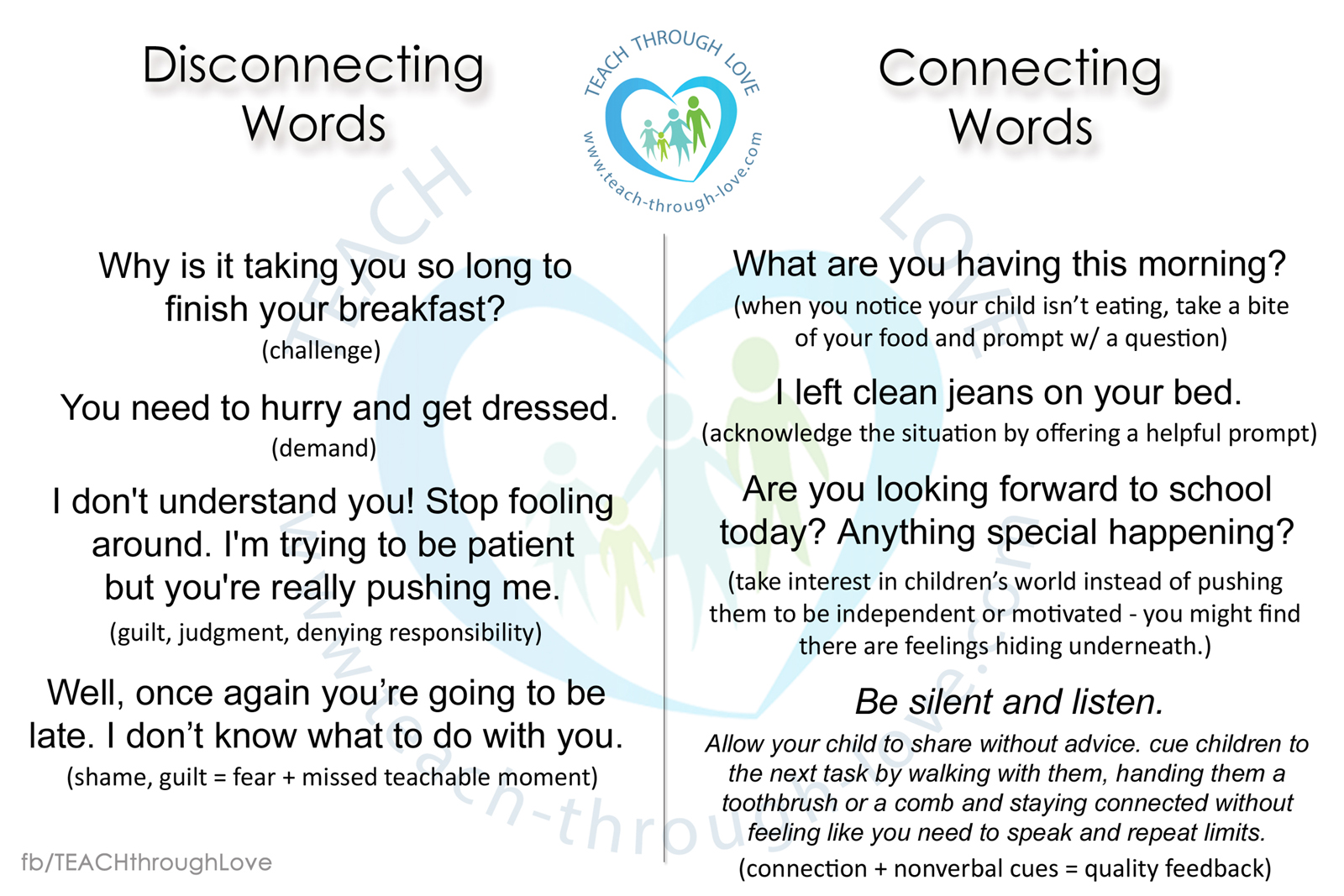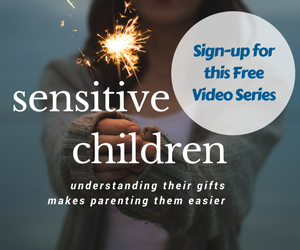Understanding Sensitive Children

When I was growing up, no one talked about the gifts of being highly sensitive. It was more like a never-ending stream of - "You're TOO sensitive!" and "You're overreacting!"
I felt isolated and alone and my parents had few resources to help them understand me or support the intensity of their experience parenting a sensitive child.
According to Elaine Aron, Ph.D., author of the Highly Sensitive series of books, including The Highly Sensitive Child -
'A highly sensitive child is one of the fifteen to twenty percent of children born with a nervous system that is highly aware and quick to react to everything."
Highly sensitive doesn't mean children are always outwardly reactive, defiant or persistent - they can also turn inward, disappearing into their anxiety.
Stress management is a huge factor and the second area of focus in my Supporting Sensitive Children FREE Video Series.
My daughter can become easily stressed by something as simple as the tone of my voice. I could take this personally, but I am keenly aware of the kind of environment she needs to thrive.
She needs my guidance, but it also has to be free of my baggage - my worries, fears, and knee-jerk reactions that lead me to control the situation and blame conflict on her inability to do what's asked.
If you're not sure if you have a highly sensitive child, take the Highly Sensitive Child quiz to learn more about your child's temperament.

My child has been one of my greatest teachers - showing me how to remain calm, consider other points of view, and urging me to take time to regulate my emotions before confronting conflict.
Most of us did not have parents or caregivers who allowed us the time to feel and let go of powerful emotions such as anger, frustration, resentment, and jealousy. Our emotions were simply ignored or deemed to be irrelevant.
This was an unintentional mistake with hidden consequences.
Emotional management is the foundation of all future learning. But, we can't learn to manage our emotions by avoiding them or by stopping them before we fully feel and understand them. If we try to ignore our feelings or use them to force others to follow our lead, we risk ruining important personal relationships.
LIKE what you see? SHARE it with someone you LOVE!

